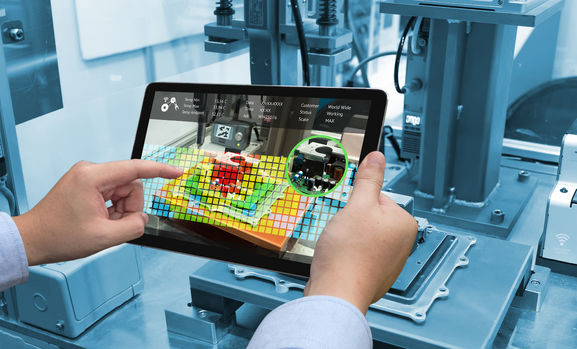Industry digitalisation involves an interconnection of manufacturing processes with a user interface adapted to specific needs and aimed at fieldwork. It offers real-time information to speed up and aid decision-making.
Convergence between real operations in the plant and management processes is essential, which means that current internal processes of companies need to be changed.
This webinar will show the main lines of action in the area of Industry 4.0 in which we operate, focusing on the iron and steel industry as an example of application.
CONTENT
- Interconnection of information systems: the value of adequately combining and synchronising the information scattered over different control and management systems in an industrial plant.
- Data-driven learning: basic concepts. The importance of the veracity and value of data. Labelling and traceability.
- Edge/Fog/Cloud: Edge/Fog/Cloud computing concepts, and “as service” concept.
- Digital twins: data-driven modelling, FEM simulations and mathematical models. Hybrid models: real data and synthetic data. Virtual sensors.
- Use in the iron & steel industry: Development of a digital twin to reduce the number of defects in the final product and ensure a good execution in the related subprocesses, by combining predictive process models (data and mathematical models) and optimisation tools.
TARGET AUDIENCE
- People interested in learning about and understanding the potential of digitalisation of industrial processes and their interrelation in order to improve aspects such as productivity, quality, energy efficiency and worker safety.
LECTURERS
- Gabriel Aznar Lapuente - Industrial Engineer and MSc in Electronics. Project Manager in the Smart Systems Area.
- Teresa Gutiérrez Seco - Mathematical Science graduate. Project manager in the Iron & Steel Area.

